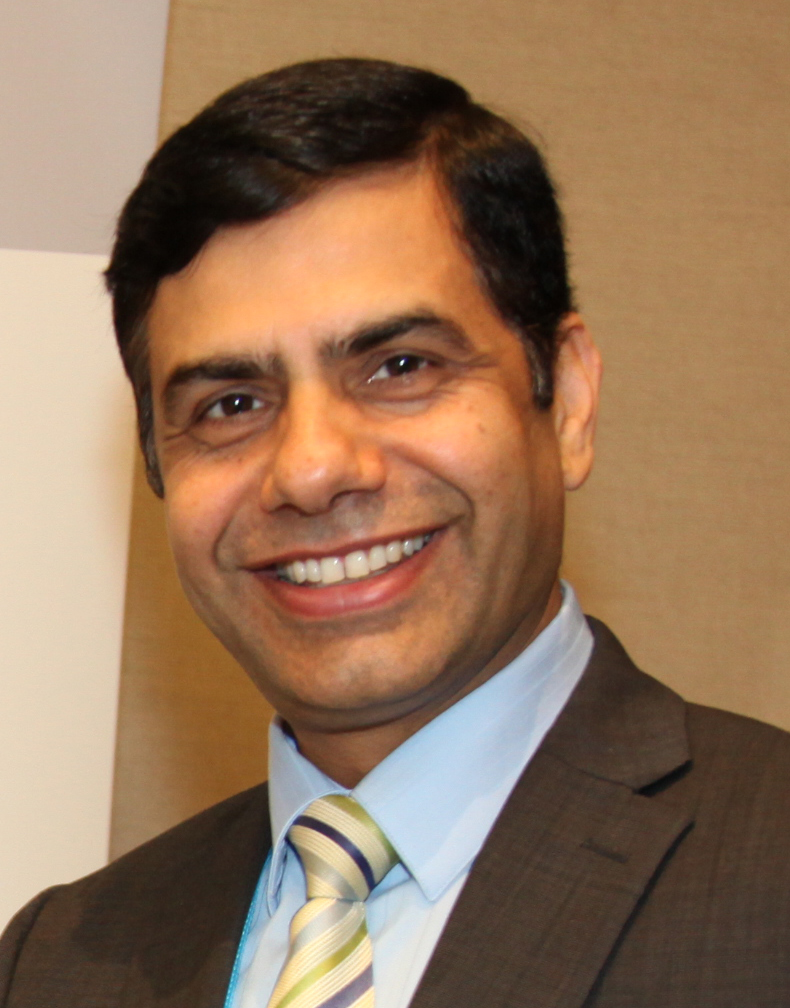Opinion
Better preparation needed
A country’s foreign policy will be implemented successfully only when we have the right strategy, effective instruments and agile institutions. Therefore, we have to be as attentive and focused on the development of such instruments and mechanisms as we are on the articulation of general principles and policies.
Gyan Chandra Acharya
A country’s foreign policy will be implemented successfully only when we have the right strategy, effective instruments and agile institutions. Therefore, we have to be as attentive and focused on the development of such instruments and mechanisms as we are on the articulation of general principles and policies.
The conduct of foreign policy is serious business, and it should be treated as such. Because foreign policy decisions commit the whole nation for a long time, we have to be mindful about the need for critical analysis and the promotion of consensus on core foreign policy issues and strategies. We should do away with adhocism and avoid decisions that might lead towards long-term adverse implications. It is true that not every objective we set would be met immediately, but we have to be able to understand the full implications of all the decisions and the type of tradeoffs that are required in the short term to reach our long-term goals.
Institutional arrangements
Given the disproportionate impact of foreign relations on various aspects of our national life, our strategic location and the need for rapid socioeconomic transformation of the country, there is a need felt for this type of cohesion in the conduct of our foreign policy. Hence, institutional arrangements have to be consolidated across the board.
The Foreign Ministry has to take the lead role in foreign affairs, and their professional advice should be taken in an institutionalised manner to avoid pitfalls and adverse consequences. This is more urgent now as we have gone to the federal structure and also because the interactions and engagements have been more diffused due to the revolutions in science and technology, communications, and globalisation. The ministry has to be empowered to articulate our national interests and positions in a comprehensive and effective manner based on profound analysis and wider outlook. it should also play a strong coordinating role in all the diverse areas of interactions when foreign governments and entities are involved. But there is much that is desired in this direction. Political understanding and strong political commitments are critical in order to move in this direction.
For enhancing cohesion and effectiveness at the highest level, there should be a foreign affairs committee of the relevant ministers in the cabinet supported by the respective secretaries, which will look at cabinet-level decisions pertaining to foreign relations in a more coordinated manner with in-depth analysis and discussion. We have not seen anything like this being done in Nepal, even though is rather normal in many countries. This would be very helpful for ensuring coherence in our engagements.
There are foreign affairs departments in all political parties in Nepal. There should be institutional consolidation of such departments too. Furthermore, holding interactions among the foreign affairs departments of major political parties at regular intervals can promote convergence on important foreign policy issues.
Similarly, the proposed parliamentary committee on international relations in the federal Parliament should be made more forward looking and focussed. It should not only take up current issues of importance; it should also organise meetings on vital issues of foreign policy in a more comprehensive manner with a strategic outlook. The committee should be able to invite not only government leaders and policymakers but also experts, academia, the private sector and civil society to ensure that they have wider perspectives on issues and policies to develop informed opinions and give guidance to the
government. Doing so will also promote and consolidate parliamentary ownership of the decisions taken by the government in matters related to foreign affairs.
The Foreign Ministry in Nepal attracts capable candidates through a competitive entrance system. That is a good foundation. A longer term plan for sharpening their expertise with holistic thinking, strategic analysis and some specialisation in core foreign policy areas could be useful. Similarly, coordination with other ministries needs to be made institutional at the senior policymaking level in all the areas of bilateral relationships, including activities under economic diplomacy. Nepali missions could be asked for more in-depth reports with longer term visions on relevant issues. The Institute of Foreign Affairs needs to have the necessary profile, work programme and resources to conduct training, research and dialogue on contemporary issues.
Choose wisely
There should be an inclusive think tank that will look at major foreign policy related issues in a strategic manner and with a holistic approach. Given the fast changing dynamics of the region and the world, and our strategic location with many challenges and opportunities, it is important that we have a comprehensive review of our overall approaches to foreign policy issues on a regular basis with all stakeholders. We should be able to get the benefit of the wisdom and experiences of all, especially those who are directly involved, such as experts, the private sector, think tanks and academia. They can be asked to look at the specific issues of importance and provide expert advice and insights. This way, more varied opinions and ideas could be generated together with their implications for the advantage of policymakers.
There is permanent competition between power and principles at the international level. Power equations change and components of power also evolve over time. Fundamental principles of international relations as enshrined in the UN charter are our collective strength. Global commitments to these principles need to be reinforced constantly so that there will be a fair, stable, secure and prosperous global order governing international behaviour and actions. Against these fundamental principles, we have to analyse the actual conduct of international relations in our own neighbourhood, in our region and the world at large. We should also understand their interconnections so that we can better position ourselves to promote our larger interests.
As a country, we have to look at our national interests based on the fundamental principles and values of the global order and the evolving power dynamics. In this competitive and globalised world, there is a higher premium on good diplomacy and institutionalisation for the countries with limited power. Globalisation is a massively empowering platform, but we have to build up the strength with the necessary tools, right strategy and institutions if we are to make use of it. Either we ride the wave of globalisation to sail in some purposeful direction, or we get swamped. The choice is ours to make. Therefore, we have to critically look at the changing world on a continuous basis and promote our larger national interests with vision, supportive strategies and institutional arrangements.
Acharya is the former foreign secretary of Nepal and former United Nations Under-Secretary-General




 19.71°C Kathmandu
19.71°C Kathmandu










